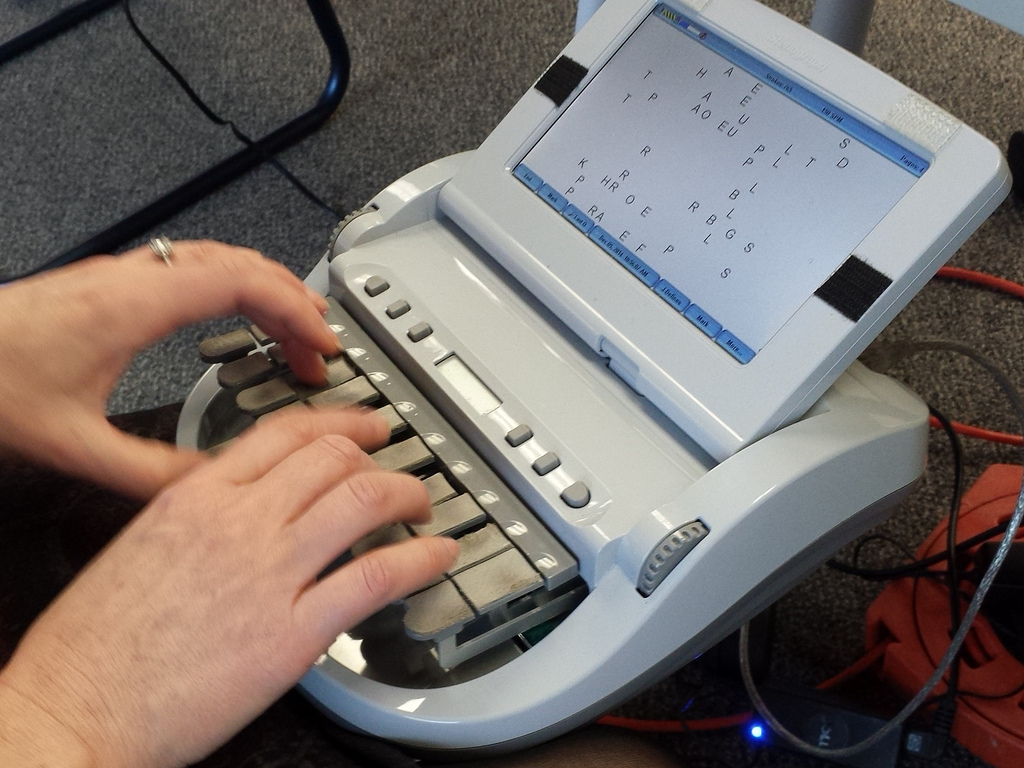
As time has gone forward, technology jobs increase as more mechanical-type jobs go by the wayside. In court reporting circles, that you have read about here at CourtScribes, many believe that this too will happen to the profession. As a matter of fact, it is happening right now as we speak. As the technology expands in the field, fewer and fewer actual court reporters are needed.
However, certain jobs require a human quality to properly function. Court reporting is definitely one of those jobs.
Who or what is a court reporter?
Well, the court reporter is the person in charge of transcribing a verbatim legal record using a typing tool called a stenograph. Using the stenograph, the reporter transcribes the court proceedings in a sort of shorthand. But, instead of being replaced, the technological addition of audio tech allows the court reporter to complete the job with even greater efficiency.
Reliability is Key
If one is trying to understand why technology is taking over this industry, it basically comes down to the option that is more efficient and more reliable. While the ability for a human being (court reporter) to take in proper notes and hear all that is going on crystal clear, many times that is just not the case.
Due to the simple advancement of tech, we can now record conversations and have audio renditions. However, some things are unable to be recorded if there is a crossover in speech by multiple people. This means that there needs to be a human also recording everything being said in order to capture the full truth.
So that while technology has now given people a way to record, this should mean that court reporting is now enhanced and requires training with audio recording technology on the side. This would actually be the most efficient and reliable way to conduct transcribing.
Don’t Leave it to Chance
A court reporter’s main focus should be to record every single word that is spoken in the courtroom. They must do this, all while differentiating between those who are speaking, and ignoring the background noises. This is tough because one of the hardest situations to deal with is when two attorneys or legal participants speaking over each other.
The audio technology at CourtScribes has advanced to a much higher stage than its tape recorder predecessors. But if there is any chance that the device may lose speech during a situation where two people are speaking over each other, then that entire passage of speech has been lost. This especially matters if there is an appeal to the case. Imagine that someone has grounds all because the words were not properly transcribed?
What this says, is that until it is perfect, courts just can’t take that chance.
